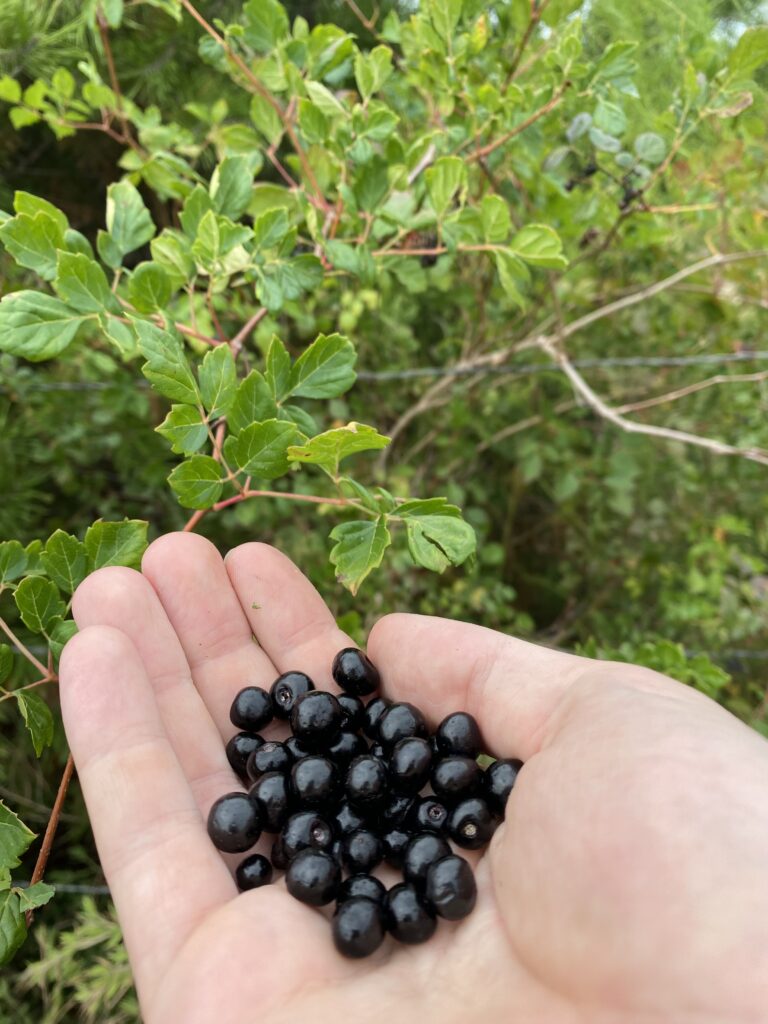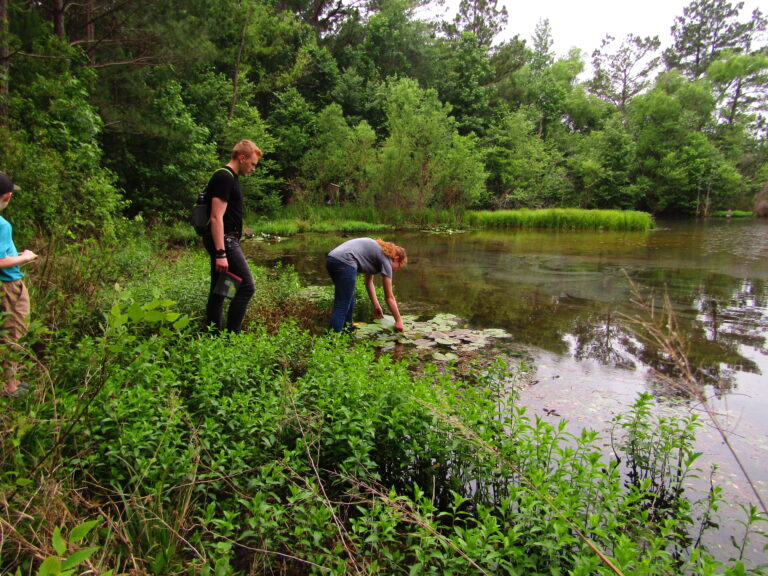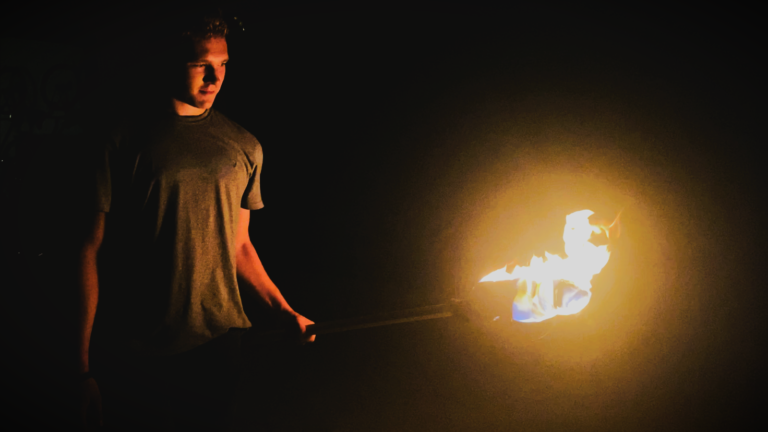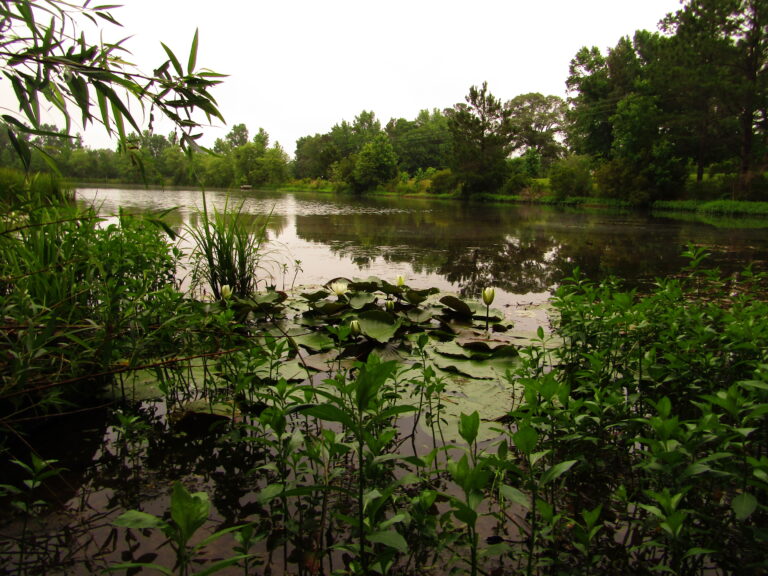The TRIANGLE OF SURVIVAL
Life is not always easy. And sometimes life doesn’t go as planned. When it doesn’t and its just you and the wilderness, there are a few things you are going to need to know. What are your first steps in a survival situation? What are the immediate necessities? How will you find food? How will you stay healthy? And most importantly, how are you going to get back to civilization?
There is a threefold triangle to immediate necessities in the unknown. Water, Shelter and Fire. Water being foremost. A human can live only seven minutes with air, only seven days without water and twenty-one days without food. So water’s important. Lakes, ponds, creeks and streams are all normal sources. But after life and death concerns, water purification should always be a considered. Intestinal parasites or severe and long-lasting stomach disturbances can be caused by polluted water. Boiling or distilling both efficiently cleanses water for drinking, but both require a fire and take some time. Filtering or using purification tablets can be do as well.
Shelter. Shelter can be anything, as long as it protects you from the naturel elements, cold or heat or rain and snow. A shelter can be as simple as your jacket hanging off a tree branch or as complex as an abandoned winter cottage. The goal of a shelter is to keep you protected.
Fire. Fire is the most complicate corner of the Triangle. It’s difficult to start a fire and hard to maintain one, but fire is important. Fire protects and keeps you alive. Cooking your food and boiling drinking water over a simple blaze can easily save your life. Fire can sterilize, cleaning improvised medical equipment or sealing an open wound. Fires can ward off unwanted animals, from the biggest of bears to the smallest of mosquitoes. Needless to say, fire is helpful. There are numerous ways to build one, waterproof matches, flint and steel, electrical sparks, flint and rock, pistons and many other methods implementing simple friction. The art of fire building takes skill, practice and determination.
Having something to eat is unlike finding water, shelter and making a fire, the backbone of immediate necessities, is resourcefulness and patience. But the backbone of food and nutrition is different. Finding and establishing a food source requires more knowledge and more experience. An engineer might discover creating a fire is natural to him, but when forced to distinguish between the healing yarrow and the deadly hemlock, he would be baffled. Our engineer has intelligence but is missing the focal knowledge. Being able to identify the difference between two similar plants, knowing how to build a fish trap or the using a good method to find crawfish takes more than just logic, it requires known-how.
With that in mind, there are abundance of wild foods, cures and vitamin supplements, and hundreds of ways to kill wild game, but the knowledge and ability comes from practice and hands-on training.
The process of reacquisition to civilization is by no means complicated. Your goal is either to be found or find. Your action is one of two choices; should you find or be found? Your goal is either to be found or to find. In every camping situation you should always let the local authorities know where you are going, how you are getting there and when you plan to be back. Also set up stations or points where you will be able to contact them. This way, if belayed by injury or sickness it will cut down on the rescue time. This is a preventive measure to lostness. By building a fire, nearby searchers can easily pin down your location. Making air signals from the ground or setting out conspicuous sets of three can help rescuers from above locate you. This is a great method of operation; trying to found, but sometimes you forget, don’t have time because you’re on a rescue mission yourself or maybe your car broke down in the frosty winter and nobody is trying to find you. In these touchy situations you must find your way out yourself. First of all, locate the directions, North, East, South and West, it’s always worth the effort. Use this knowledge to set a course for what you think is the nearest help. Check your course often to ensure that you aren’t veering and when possible gather food and other useful plants. Whenever you stop for the night, collect all the immediate necessities that you deem needful. Always follow the water. Humans need water to survive so, where there’s water there’s prone to be humans.
Follow these simple steps in a survival situation can save your life many times over. Find the immediate necessities, gather foods, and finally follow the escape steps to endure to get out of your predicament.
Survival and foraging
Immediate Necessities
Water, Shelter and Fire.
Food.
Traps, Wild foods and Wild cures.
Rescue signals.
Fires, plane signals, hand motions.





